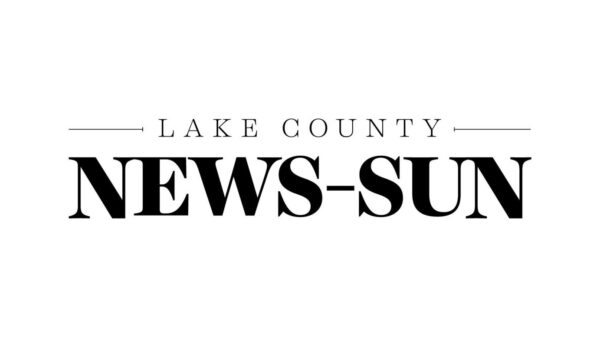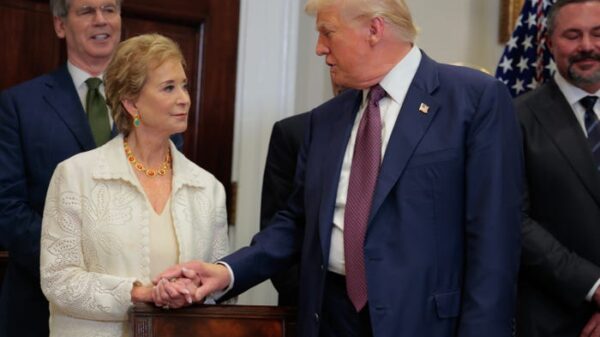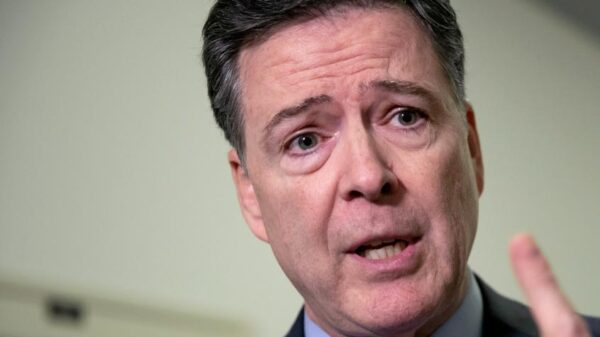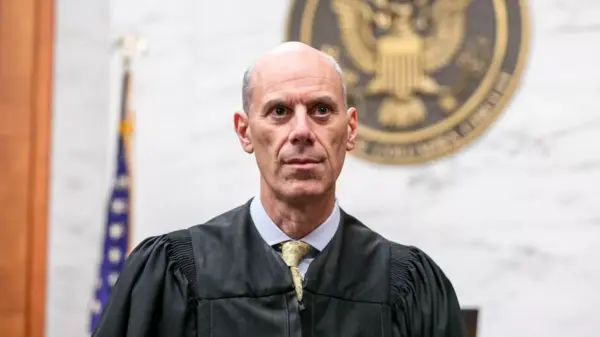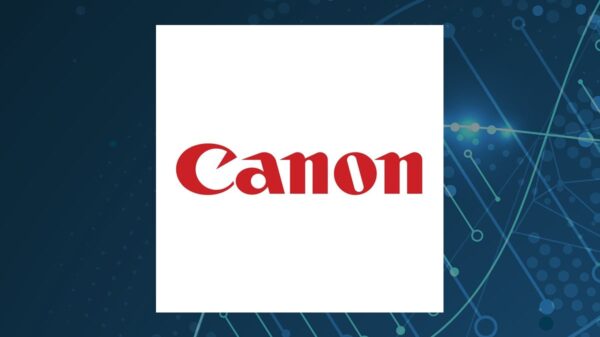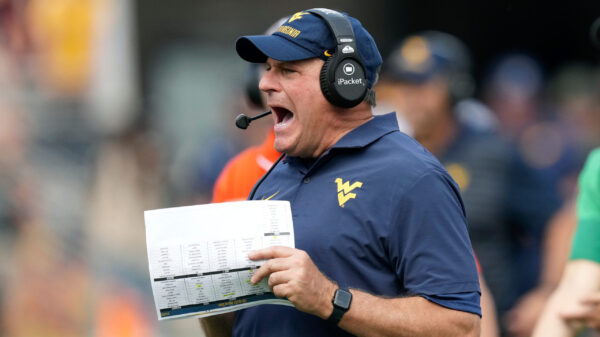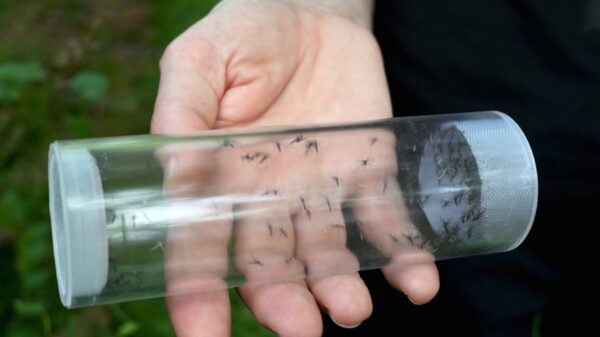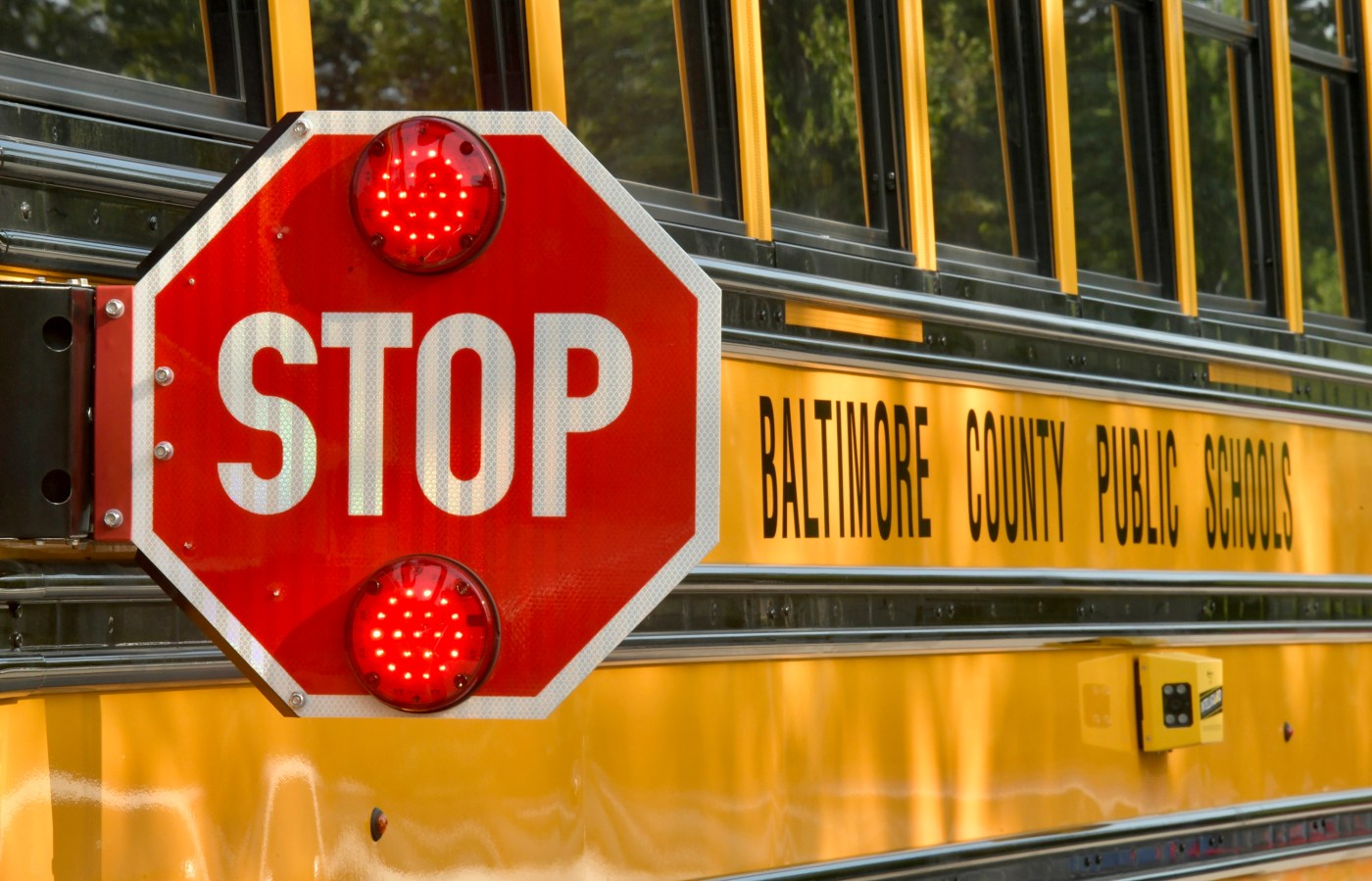Recent reductions in federal staff overseeing special education have raised alarms among schools and families, particularly in Maryland. These cuts threaten the support systems essential for students with disabilities, including deaf and hard-of-hearing learners. The situation places additional pressure on state and local education systems to ensure that all students have access to inclusive educational opportunities.
The Maryland School for the Deaf (MSD) stands out as a vital resource during these uncertain times. As the only public school in Maryland dedicated exclusively to educating deaf and hard-of-hearing children, MSD has earned a reputation as a leading institution in the nation. Parents across the state can choose MSD, confident that their children will receive high-quality instruction, especially when local resources are limited.
A pressing concern is the issue of language deprivation in mainstream educational settings. This problem is expected to worsen due to the recent federal decisions, which may leave many students without the critical language access necessary for their development. Many deaf and hard-of-hearing students in these environments struggle to fully engage with their learning, resulting in delays in language acquisition, socioemotional growth, and academic performance. Alarmingly, a significant portion of students in schools for the deaf nationwide are late transfers from mainstream settings, arriving with these avoidable delays.
MSD’s Commitment to Bilingual Education
MSD’s dedication to bilingual education is articulated in its 2025-2030 strategic plan. This plan focuses on providing comprehensive access to both American Sign Language (ASL) and English across all academic and extracurricular programs. By cultivating a linguistically rich environment, MSD helps students develop essential language skills, critical thinking abilities, and a sense of belonging.
The school addresses the challenges facing deaf students through several key strategies:
1. **Partnerships**: MSD collaborates with the Maryland State Department of Education and local districts to enhance statewide practices in deaf education. Through its expertise and commitment to bilingual instruction, MSD aims to create more inclusive and accessible learning environments that support the success of deaf and hard-of-hearing students.
2. **Family Engagement and Support**: MSD provides parents with vital information and training, enabling them to navigate the educational landscape with confidence. These resources empower families to advocate effectively for their children, ensuring they receive consistent, high-quality instruction.
3. **Leadership**: Maryland has the potential to serve as a national model for supporting deaf education. MSD’s accreditation, strategic planning, and successful student outcomes highlight its commitment to excellence and equitable opportunities. The school exemplifies how public institutions can deliver high-quality education while coordinating effectively with wider educational systems.
The recent federal oversight reductions present not only challenges but also an opportunity for Maryland. The state can demonstrate how local systems can maintain educational stability and continuity even when national frameworks are in flux. MSD’s experience underscores the importance of thoughtful leadership, strong partnerships, and robust family engagement in fostering an environment where deaf and hard-of-hearing students can thrive.
The call to action is clear: families, educators, and policymakers must unite to support deaf students in Maryland and across the nation. By working together, stakeholders can ensure that all children have access to the resources and instruction they need to achieve their full potential. MSD continues to be a beacon of hope and a safe harbor for families seeking stability, opportunity, and high-quality education in these challenging times.
Kelby Brick, a civil rights attorney and former executive under Governors Larry Hogan and Wes Moore, along with Wyatte Hall, an assistant professor of public health sciences at the University of Rochester Medical Center, and John A. Serrano, superintendent of the Maryland School for the Deaf, emphasize the importance of unity in addressing these critical educational needs.


